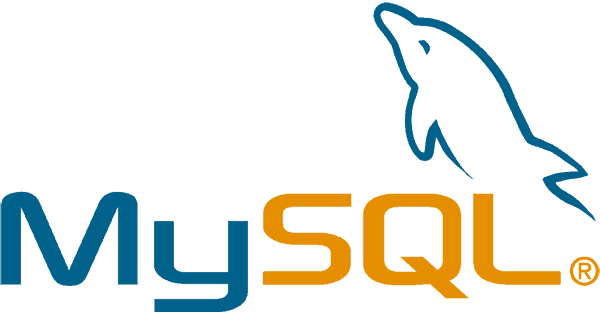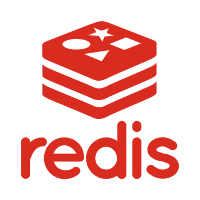SQL database servers and web interface managers¶
MySQL¶
MySQL SQL database server
MySQL is one of the world’s most widely used open-source database servers. Trusted for decades in web, cloud, and enterprise applications.
Edit: footer header
Status: Stable
Architecture: x86-64 arm64
Maintainer: @igorpecovnik
Documentation: Link
armbian-config --cmd MYSQL1Database access configuration is done at first install:
- create root password
- create database
- create normal user
- create password for normal user
- Database host:
<your.IP>
- Install directory:
/armbian/mysql - Data volume mounted to:
/armbian/mysql/data
| Bash | |
|---|---|
| MySQL remove: | |
|---|---|
| MySQL purge with data folder: | |
|---|---|
Mariadb¶
Mariadb SQL database server
MariaDB is a fast, open-source relational database server developed by the original creators of MySQL. It is designed to be fully compatible with MySQL while offering improved performance, enhanced security, and additional features.
MariaDB supports a wide range of storage engines, advanced SQL capabilities, and both single-node and clustered deployments. It is widely used in web, cloud, and
Edit: footer header
Status: Stable
Architecture: x86-64 arm64
Maintainer: @igorpecovnik
Documentation: Link
armbian-config --cmd DAT001Database access configuration is done at first install: - create root password - create database - create normal user - create password for normal user
- Database host:
<your.IP>:3307
- Install directory:
/armbian/mariadb - Site configuration directory:
/armbian/mariadb/config
| Bash | |
|---|---|
| Mariadb remove: | |
|---|---|
| Mariadb purge with data folder: | |
|---|---|
phpMyAdmin¶
phpMyAdmin web interface manager
Edit: footer header
Status: Stable
Architecture: x86-64 arm64
Maintainer: @igorpecovnik
Documentation: Link
armbian-config --cmd MYA001| phpMyAdmin remove: | |
|---|---|
| phpMyAdmin purge with data folder: | |
|---|---|
PostgreSQL¶
PostgreSQL install
PostgreSQL is a powerful, open-source object-relational database system known for its robustness, feature richness, and reliability.
It is designed for everyone, including:
- Developers needing advanced SQL support and extensibility.
- System administrators requiring reliable data storage for mission-critical applications.
- Enterprises seeking a high-performance, standards-compliant relational database.
PostgreSQL offers strong ACID compliance, concurrency, rich data types, full-text search, JSON support, and extensibility through stored procedures and custom functions.
It is trusted globally in financial, government, and web-scale applications.
Thanks to its proven architecture and open-source nature, PostgreSQL fits seamlessly in projects of all sizes.
Edit: footer header
Status: Stable
Architecture: x86-64 arm64
Maintainer: @igorpecovnik
Documentation: Link
armbian-config --cmd PGSQL1PostgreSQL is accessible via port 5432:
- Host:
postgresql://<your.IP>:5432 - Default user:
armbian - Default password:
armbian - Default database:
armbian
- Data directory:
/armbian/postgres/data
| Bash | |
|---|---|
| PostgreSQL remove: | |
|---|---|
| PostgreSQL purge with data folder: | |
|---|---|
Redis¶
Redis install
Redis is an open-source, in-memory data structure store, used as a database, cache, and message broker.
It supports a variety of data structures such as strings, hashes, lists, sets, and sorted sets.
Key Features: - Extremely fast performance with in-memory storage - Persistence options (snapshotting and AOF) - Pub/Sub messaging capabilities - Built-in replication and high availability - Simple API and wide client support
Redis is widely used for real-time applications, caching layers, session stores, and lightweight queues across industries and platforms.
Edit: footer header
Status: Stable
Architecture: x86-64 arm64
Maintainer: @igorpecovnik
Documentation: Link
armbian-config --cmd REDIS1Redis server is accessible on port 6379:
- Host:
redis://<your.IP>:6379
- Data directory:
/armbian/redis/data
| Bash | |
|---|---|
| Redis remove: | |
|---|---|
| Redis purge with data folder: | |
|---|---|




